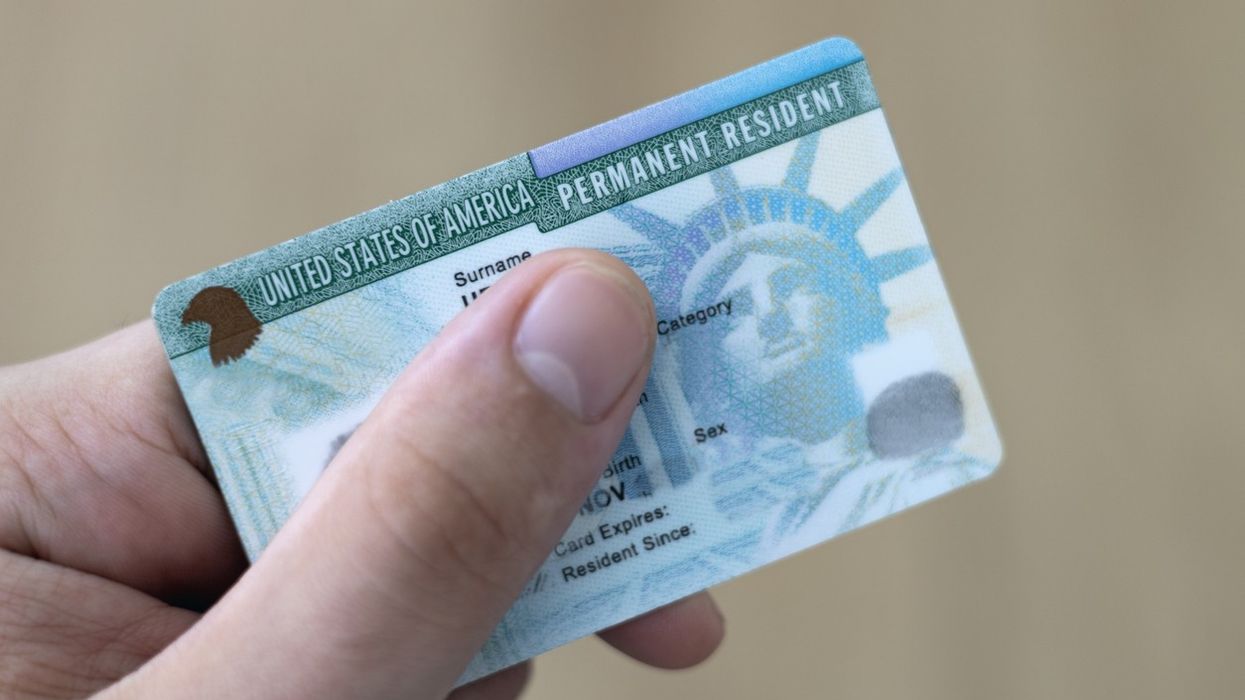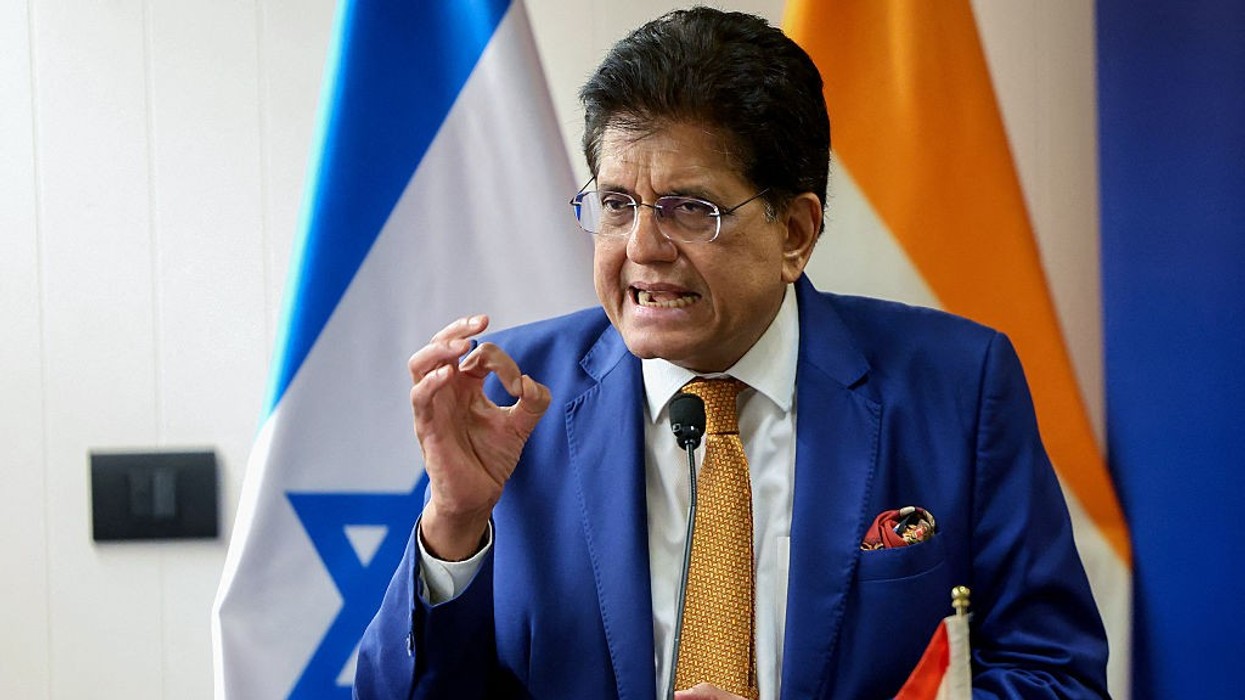A bipartisan group of lawmakers in the US House of Representatives has introduced the Dignity Act of 2025 (H.R. 4393), a comprehensive immigration reform bill aimed at eliminating the longstanding green card backlog and modernizing the legal immigration system. Spearheaded by Representatives Maria Elvira Salazar (R-Florida) and Veronica Escobar (D-Texas), the legislation reflects growing consensus across party lines to address the nation's fractured immigration framework.
Fast-track green cards via premium processing
One of the most attention-grabbing provisions of the Dignity Act is the proposal to allow immigrants who have been stuck in green card queues for more than ten years to pay a $20,000 premium processing fee to expedite their application. This fast-track option is aimed at easing the decades-long wait for permanent residency, particularly affecting applicants in family-sponsored and employment-based visa categories. The bill intends to cap maximum wait times and resolve the green card backlog within ten years, providing a path out of the current gridlock that affects millions, especially from countries like India and China.
Increased country caps to reduce disparities
To combat uneven wait times based on nationality, the bill raises the per-country cap on green cards from 7% to 15% for both family and employment categories. This adjustment addresses the disproportionate delays for nationals of high-demand countries who currently face some of the longest waiting periods in the system. By increasing these caps, the bill hopes to create a fairer and more efficient distribution of immigrant visas, accelerating access for many who have waited years or decades.
Pathway to permanent residency for documented dreamers
The legislation also extends permanent resident status options to documented dreamers—children of long-term visa holders who are at risk of "aging out" of their dependent visa status. Eligible individuals who have lived lawfully in the US for at least ten years can apply for lawful permanent residence, addressing a vulnerable population facing potential separation from families and loss of legal status.
Student and employment visa reforms
The Dignity Act proposes important updates to visa policies to make US immigration more competitive and supportive of high-skilled talent and international students:
- Dual-intent F-1 Student Visas: Foreign students would be able to pursue permanent residency without proving intent to return to their home country, improving pathways for talent retention.
- Social Security and Medicare Contributions: Students on Optional Practical Training (OPT) programs would begin paying Social Security and Medicare taxes, aligning with US labor laws.
- Exclusion of Derivative Family Members from Visa Caps: Spouses and children applying as derivatives would not count toward annual visa limits, increasing the number of visas available for primary applicants.
- Expanded O Visa Eligibility: Individuals with extraordinary ability, especially recent international doctoral graduates in STEM and medical fields, would gain presumptive eligibility for O visas, facilitating smoother entry for highly skilled workers.
Immigration agency coordination and funding
Recognizing bureaucratic inefficiencies, the bill calls for appointing a new Immigration Agency Coordinator to improve inter-agency cooperation across the Department of State, Department of Labor, and US Citizenship and Immigration Services (USCIS). To support timely visa processing and reduce work authorization backlogs, the Dignity Act allocates $3.6 billion in funding to upgrade infrastructure and staffing for these agencies.
A more dignified approach to immigration reform
Named to emphasize respect and fairness—“Dignity for Immigrants while Guarding our Nation to Ignite and Deliver the American Dream”—this bill is a revised and more fully funded successor to a 2023 proposal. Its provisions seek to balance border security with pragmatic reforms that recognize immigrants’ contributions to the economy while providing legal status options without offering immediate citizenship or amnesty.
Both Representatives Salazar and Escobar emphasize that the bill is a solution beyond partisan politics, focusing on accountability, fairness, and economic stability. By offering lawful status to undocumented individuals meeting requirements, reforming visa policies, and streamlining government processes, the Dignity Act aims to fix a system long viewed as broken by policymakers and the public alike.
As Congress debates legislative options amid strong public support for immigration reform, the Dignity Act of 2025 represents a significant effort to clear immigration backlogs, enhance fairness, and modernize the US immigration framework for the 21st century.
This overview synthesizes the key elements of the Dignity Act based on recent legislative announcements and policy analyses to highlight its potential impact on green card applicants, immigrant families, and the broader immigration system.















